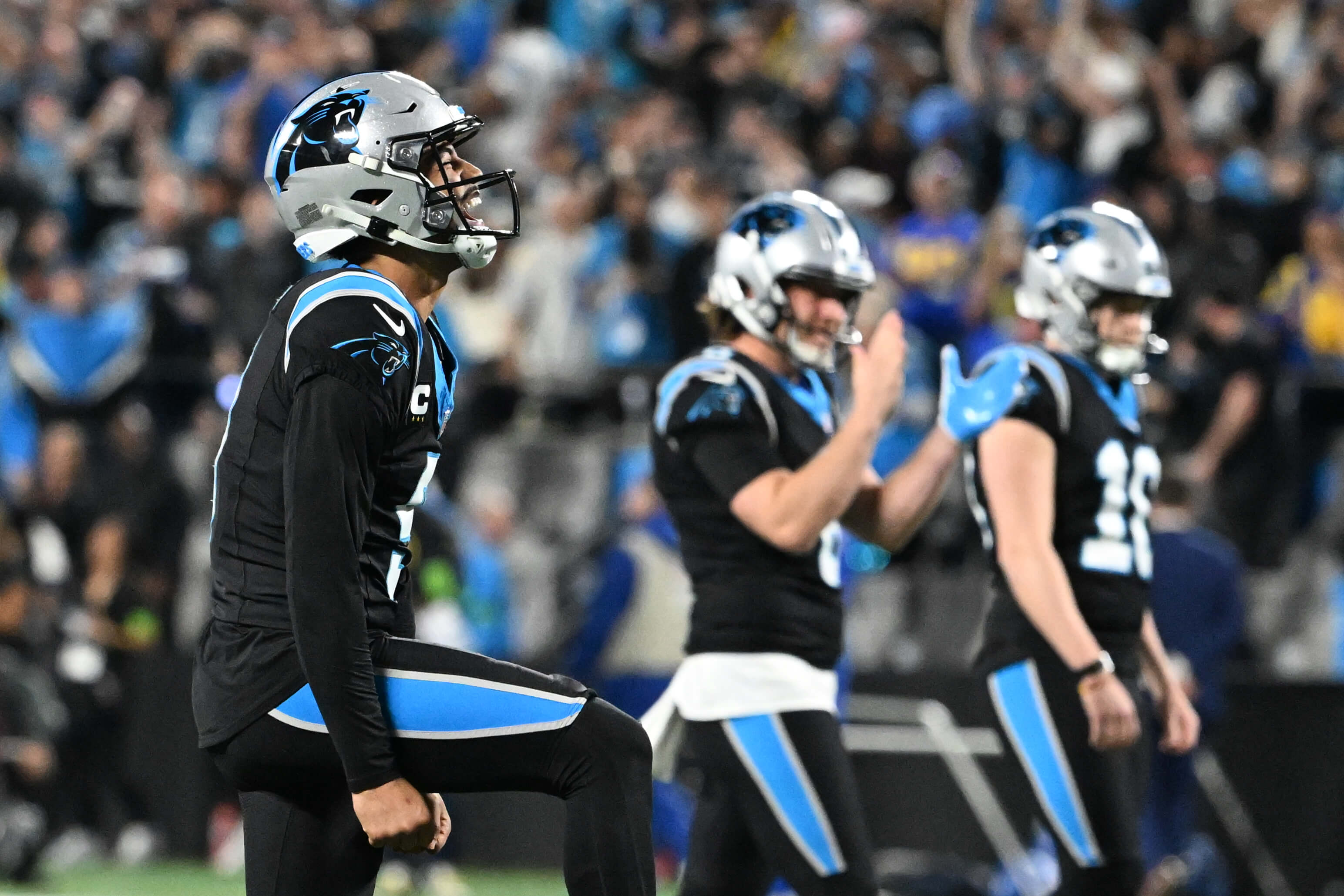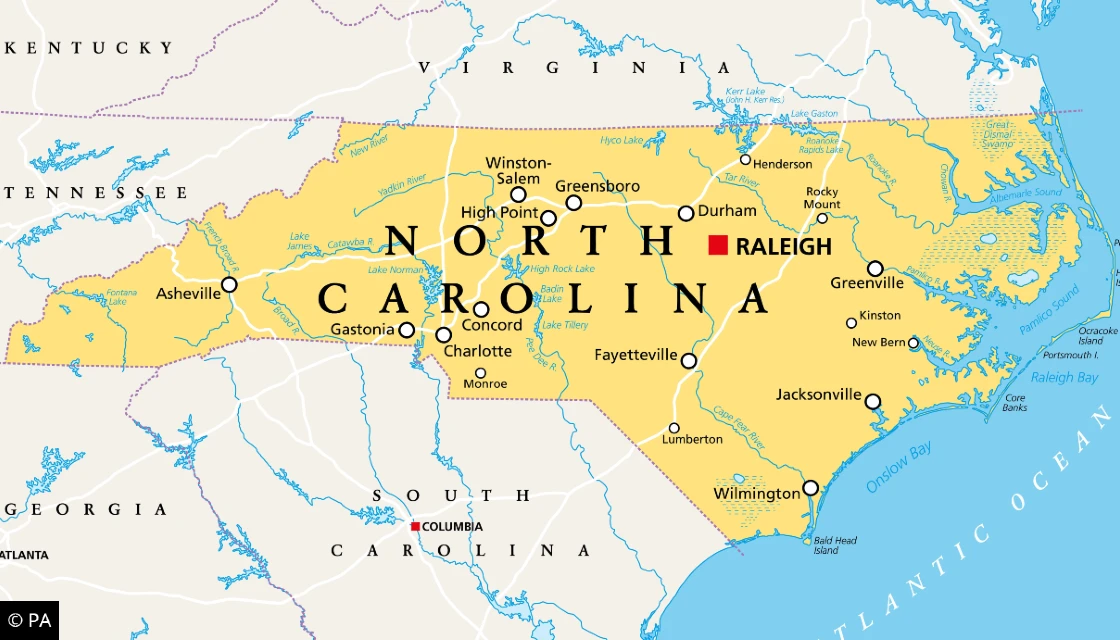The evolution of gambling in America owes much to the domino effect. One state breaks through to legalize gambling, whether casinos or sports betting, and a neighboring state without that type of gambling wakes up to the reality that it’s missing out on tax dollars and — lo and behold — its own citizens are traveling across state lines to play slots or bet on football games.
The gambling domino effect for casinos played out famously more than 30 years ago when seven Midwest and Plains states adopted some kind of casino gambling over eight years.
In the case of sports betting, the domino effect has occurred in stunning fashion with state-after-state adopting sports wagering since 2018 until now,. More than 30 jurisdictions have some type of sports wagering.
The exception has been the Deep South, where, if you happen to live in South Florida and wanted to make a sports bet legally on your cell phone or computer (which is how more than 85% of sports wagers are placed), you’d have to drive 12 to 14 hours to do what tens of millions of Americans can do from their couch.
It all adds an intriguing subplot to the efforts to legalize statewide online North Carolina sports betting, which so far has been part of a bloc of Deep South states that also includes South Carolina, Georgia, Alabama, Mississippi (which, for practical purposes, has just retail sports betting) and Florida. Also, toss in Kentucky with the holdouts.
North Carolina House Set to Take Up Bill
Of that group, North Carolina is the most likely to adopt statewide online sports wagering. Two Native American casinos in the western part of the state already have retail sports betting and momentum has been building for a few years for online sports betting.
The North Carolina Senate already passed SB 688, an online sports wagering bill, last year. A six-week session begins Wednesday, and sports betting proponents are hoping to finally hit paydirt as online sports betting legislation resumes its march through the North Carolina House of Representatives.
There is a sliver of hope that if the House can pass the bill and Gov. Roy Cooper signs it quickly, mobile sports betting possibly could launch by the end of the year. Cooper supports mobile sports betting.
So, if it were to happen that North Carolina legalizes online sports wagering, what would it mean for surrounding states?
As far as 2022 is concerned, probably nothing. Sports betting initiatives in the non-sports betting bloc are dead for this year or struggling.
Each Southern State Faces Hurdles
And each state is different in terms of impediments. Mississippi, for instance, has a brick-and-mortar casino industry that it’s careful to protect. Alabama’s cultural resistance to gambling of all types (it doesn’t even have the lottery) is ironclad. Florida’s deal with the Seminole Tribe to bring sports betting to the state was struck down in federal court. Its next attempt could be through a required referendum.
South Carolina is still in play but there are political headwinds there in a gubernatorial election year. In 2023, Georgia might be a domino state, but the question would have to go to the voters.
However, the domino effect regarding gambling has been a powerful force in the past and If North Carolina adopts online sports betting and it proves to be as comfortable a fit as it has been in southern states Tennessee, Louisiana and Virginia, its neighbors may be compelled to follow suit.
And better yet, if online and mobile sports betting passes in North Carolina, that opens the possibility of North Carolina online casinos as well, which has been the typical progression in states where online casino is live.







